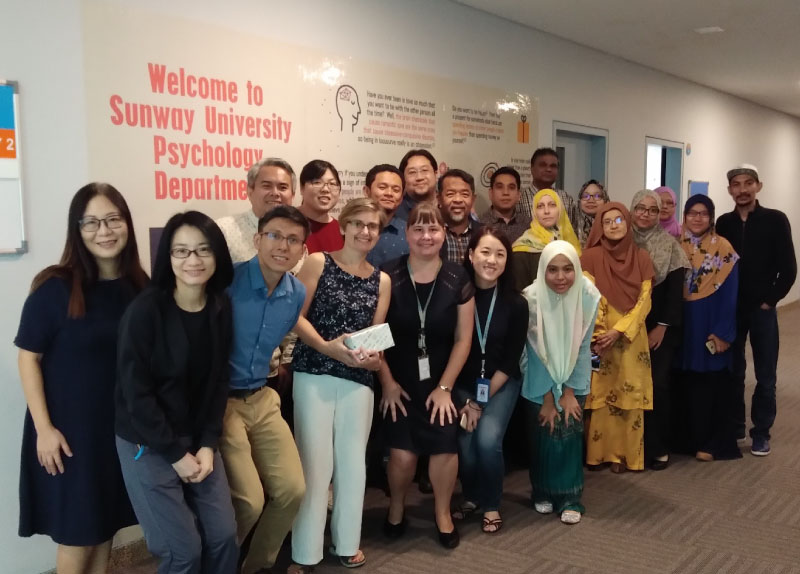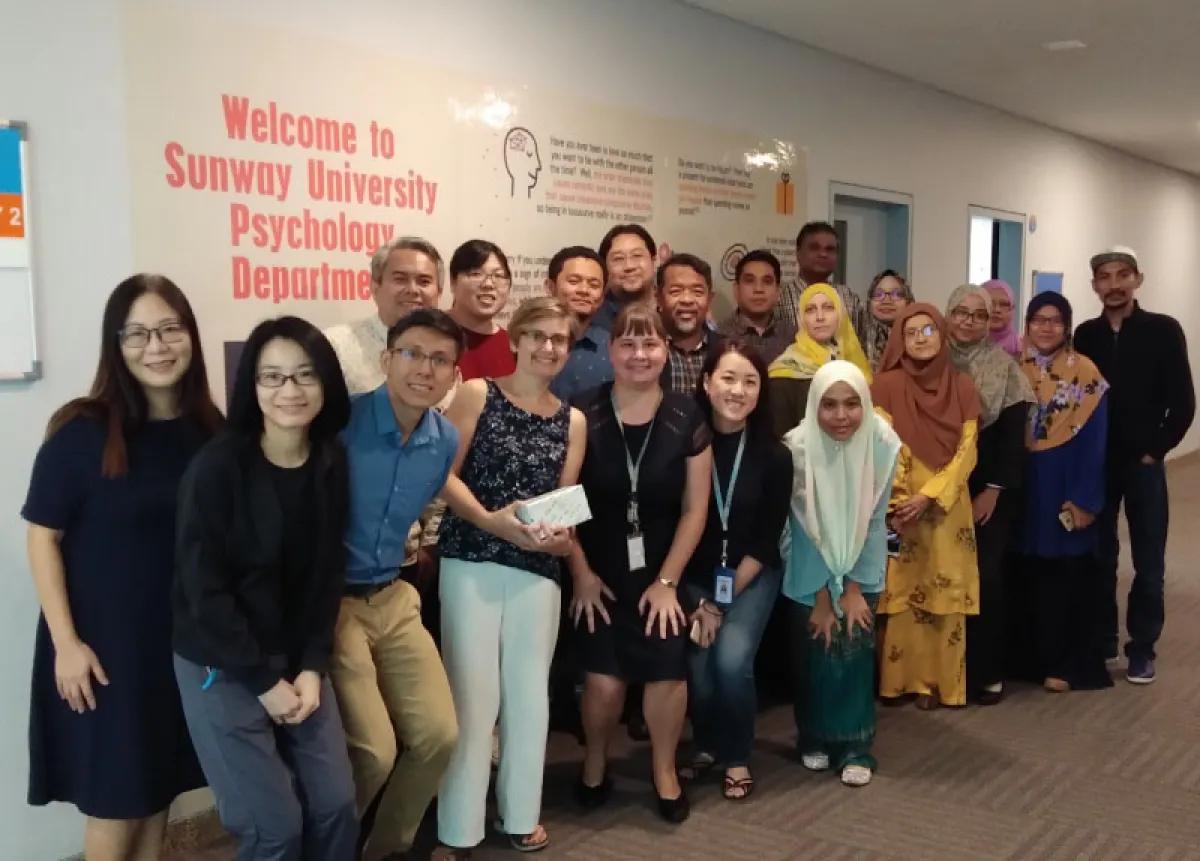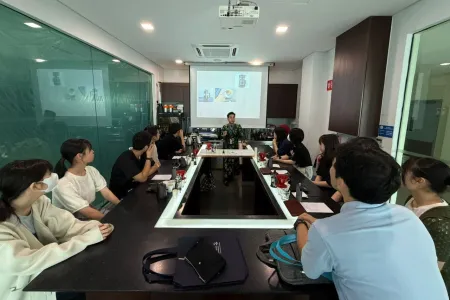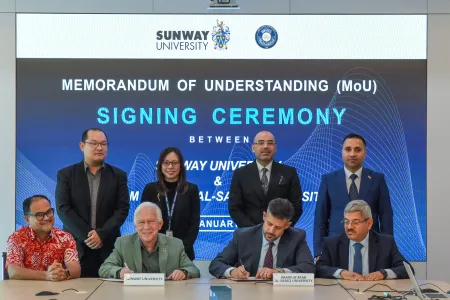Workshop on “Measuring Well-being: Challenge of using research tools in Malaysia” jointly organized by Department of Psychology, Sunway University and Malaysian Psychology Association (PSIMA)
The Department of Psychology of Sunway University in collaboration with the Malaysian Psychology Association (Persatuan Psikologi Malaysia) organised a workshop on "Measuring Well-Being: challenges of using research tools in Malaysia" on October 13th, 2018. This workshop discussed research issues within the implementation of Sustainable Development Goals 3: Ensure healthy lives and promote well-being for all at all ages in Malaysia. Professionals from private and public universities as well as representatives of governmental agencies, National Population and Family Board Malaysia (LPPKN), Public Service Department (JPA) and Social Welfare Department (JKM) shared experience on research tool usage in studies related to well-being in Malaysia and discussed issues in promoting well-being in the Malaysian context and their possible solutions.

Participants of the workshop with the main speaker, Prof. Deborah Hall, Vice-Provost (Research and Knowledge Exchange), University of Nottingham Malaysia.
The workshop started with a presentation from Professor Deborah Hall, the Vice-Provost for Research and Knowledge Exchange at the University of Nottingham Malaysia, about translation and cross-cultural adaptation of well-being questionnaires from English language to Bahasa Malaysia. This was followed by a talk on measurements of creativity in the Malaysian context by Assistant Professor Dr. Chee-Seng Tan, of Universiti Tunku Abdul Rahman. Dr. Harris Shah bin Abd Hamid, Vice President of Persatuan Psikologi Malaysia (PSIMA) and senior lecturer from University of Malaya, presented the results of validating the Short Form Self-Compassion Scale in a Malaysian sample.
After the presentations, the participants worked in small groups to generate new ideas on how to improve the construct validity of well-being, to share experience on what measurements of well-being have been well translated and adapted and what kind of cultural factors should be considered when we plan interventions to improve well-being in Malaysia. Overall, this was a very successful workshop to advance the discipline of psychology in Malaysia as well as to contribute to further research and development of well-being in the country. The organisers would like to thank Sunway University for hosting this landmark workshop that is to be the first of many future ones to continue developing collaborative efforts in applied psychology research.






